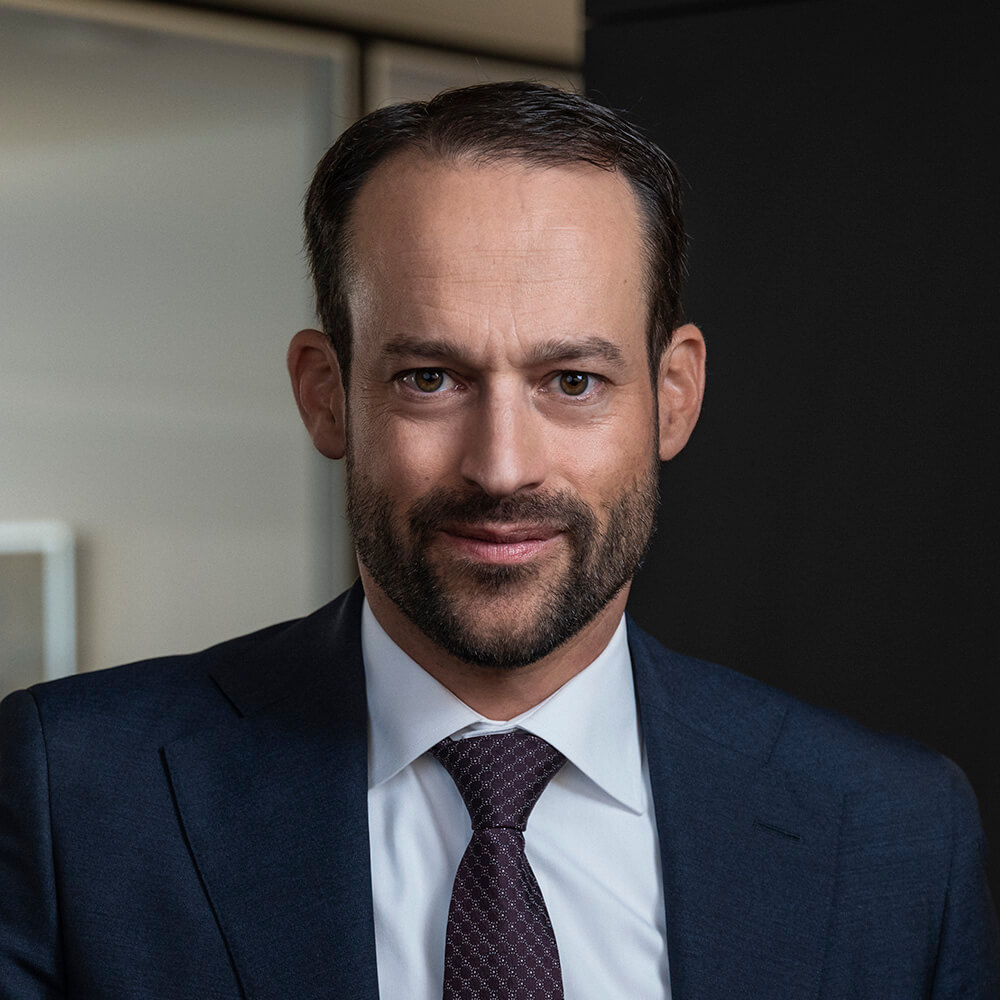Patrick Schmid
Thomas Hugh
Cross-border restructuring
Workshop on "Cross-border Restructuring" by Patrick Schmid and Thomas Hug on the occasion of the ISIS seminar "Corporate Restructuring" on August 29, 2023.
Case 1: Cross-border transfer of registered office
1. facts of the case
Basic facts: Maple (Schweiz) AG, headquartered in Schlieren / Switzerland, is a wholly owned subsidiary of the Canadian pharmaceutical company Maple Biotec Inc. headquartered in Toronto / Canada. On the one hand, Maple (Schweiz) AG has its own R&D department, which develops various drugs against senile dementia and brings them to market, on the other hand, it also produces these products for the European market. Due to the cost structure in Switzerland, the Group decides to move the headquarters and the management of Maple (Schweiz) AG from Schlieren to Wroclaw / Poland. The R&D department remains in Switzerland.
Variant: The R&D department remains in Switzerland and will only operate as a contract research organization in the future.

Questions:
- What are the tax consequences of the transfer of the registered office of both direct federal taxes?
- What are the tax consequences of the transfer of the registered office of both withholding tax?
Case 2: Restructuring after a company acquisition
1. facts of the case
The basic facts: Digital AG, headquartered in Zurich, was founded in 2015 by four ETH graduates and aims to develop and sell specialized analytical devices in the medical field. In 2020, Digital AG, which had previously been a loss-making company, was taken over by the American company Tech Inc. At the same time, Digital AG entered into several agreements with Tech Inc. (contract research and manufacturing as well as general and administrative services), all of which were compensated at 5% using the cost-plus method, as well as a term license agreement until 2023 for all patents (against 2% of net income from existing patents). Subsequently, Digital AG generated constant but low profits while increasing its headcount. In 2023, Digital AG then sells all intellectual property rights to Tech Inc. for USD 10 million and simultaneously enters into a license agreement for their use.
Variant: Digital AG was already profitable before the takeover in 2020. After the takeover, however, both its headcount and profits decline completely by 2023. Those of Tech Inc. increase in parallel.

Question:
What are the tax consequences of the restructuring of both Digital AG for direct federal tax purposes according to the basic facts and variant?
Case 3: Cross-border reorganization with permanent establishments
1. facts of the case
The German company Schrauben AG, headquartered in Hanover, Germany, has a branch office in Berne that qualifies as a permanent establishment and profitably produces screws (production activity) on the one hand and distributes them in Switzerland (sales activity) on the other. The production is only partially automated and still requires the use of employees. As part of a reorganization, Schrauben AG now wants to relocate production to Germany to its headquarters and integrate it into the existing production (consolidation of the production process). Only the local sales department is to remain in Berne. Management has worked out three options for this:
- Option 1: Dismissal of all Swiss employees as well as liquidation and sale of the machines and the warehouse;
- Option 2: Dismissal of all Swiss employees, but the machines and the warehouse are moved to Hanover to the German production site;
- Option 3: All Swiss employees are relocated to Hanover on a voluntary basis incl. machinery and warehouses

Questions:
- How should these three options be assessed from a direct federal tax perspective?
- How should these three options be assessed from a VAT perspective?
Case 4: Tax neutrality in the case of restructuring with a foreign connection
1. facts of the case
Summer AG, based in Frauenfeld, is active in the production and distribution of beverages and sunscreen. As part of a reorganization, it would like to transfer the production and distribution of beverages to the 100% subsidiary Summer (DE) AG based in Munich / Germany. The Group continues to hold a 15% stake in a brewery in Erding / Germany, but this is also to be transferred to Summer (DE) AG.

Question:
Can this reorganization be completed in a profit tax-neutral manner?








